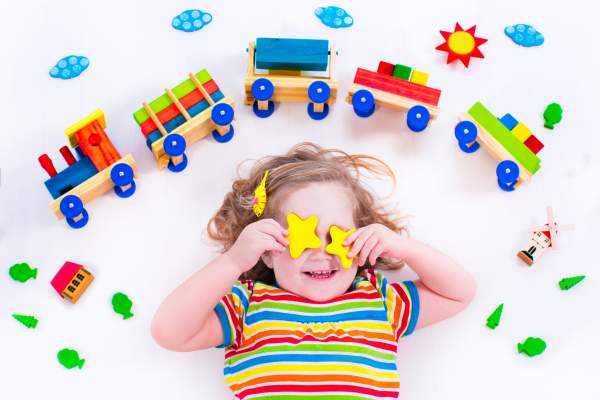Creating learning opportunities at home
by on 02/08/2025 ...

This article is updated on 20 October 2020.
Did you know that some games you play with your toddlers can actually influence their interest in learning subjects like science and math as they grow older? If you spend just a few minutes a day with the Reggio based games and activities below, your child will learn much more easily.
Young children are natural mathematicians and scientists because of their desire to explore, experiment and their natural curiosity; according to educational experts at the National Science Foundation. Here are some things you can do with your preschooler at home and around your neighbourhood to increase his learning experience.
1. Go For A Stroll

At Montessori preschools, we often take our little geniuses for a stroll around the neighbourhood. We stop along the way and look at flowers, animals, and bugs. Children, being natural “curiosity magnets”, ask questions and learn a lot of things that are science related. Do the same with your child and you will be surprised at how much you can teach them without a textbook. When children see things, it beats seeing it all in books. Same goes for when they look at cars, buildings, and streets around them. They will ask you many questions to satisfy their ever growing curiosity and you will be surprised at how much information they manage to retain from the answers you give them.
2. Talk And Listen

Children love talking about their experiences, fears, anxiety and dreams. You may think your preschooler is just four years old, but you will be surprised at how much he can tell you. At our daycare centres, there are time slots when we share experiences, be it a trip to the mall or a trip to the zoo. Kids love having this little talk time and you will see how easily they can tell you so much with just a little encouragement. Spend a few minutes at the end of each day getting your child to recap the activities of the day. He will be able to tell you so much in great detail, you will be able to bring the love of language into your home every day! Sharing daily experiences also instils sharing of information – as your child grows up, he will keep sharing details of his daily life without you having to probe much. You will always share great communication in your relationship.
3. Brain-Stimulating Toys

Picking the right toys for your child is very important. You will notice that the toys at Montessori schools are meant for exploration. They need not be expensive, but they should be “brain-friendly”. Take, for example, a ball – they roll, bounce, get thrown in the air. How high can they bounce? Do they sink or float? Take blocks – building blocks are great for science and math through engineering and geometry. Puzzles help children to solve problems and at the same time, they learn about shapes, colours and sizes. Get your child to help you make their own unique puzzle with magazine pictures. When you get your child to be creative with toys and make their own toys using their imagination, you are actually opening doors for them at home – doors of creativity, free will and imagination.
4. Grocery with Mummy

As patience-testing it may be, take your child grocery shopping with you every once in a while. He will learn how to practice his numbers by counting the number of things you bought and increase his vocabulary by teaching him names of fruits, vegetables and other things you look at together and learn some social skills by behaving in a proper way. This has dual advantages – your child will also learn how to behave in a socially acceptable manner in public places if you take him out more often. When you go home, draw pictures of the fruits and vegetables he just bought so he can colour them in and remember their names and colours.
There are loads of things you can do with your preschooler to constantly challenge and improve his knowledge. These tried and tested methods have worked wonders. Try these things and see how your little one absorbs knowledge without a proper lesson at a desk and without a fuss!
Trying to keep your child engaged in learning? Click here to explore our NEW E-Learning Hub For Kids! – Lots of FREE educational worksheets, fun quizzes, and entertaining video waiting for you.

































